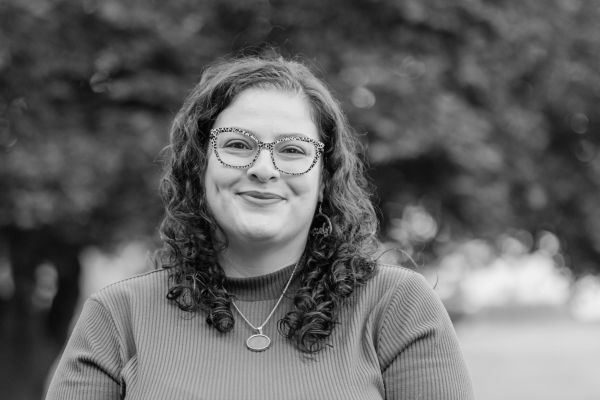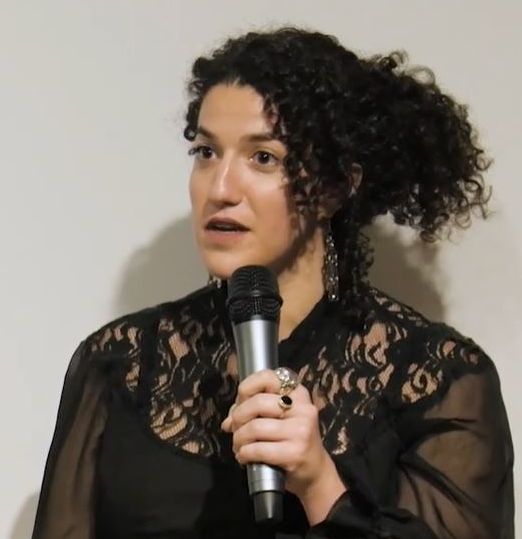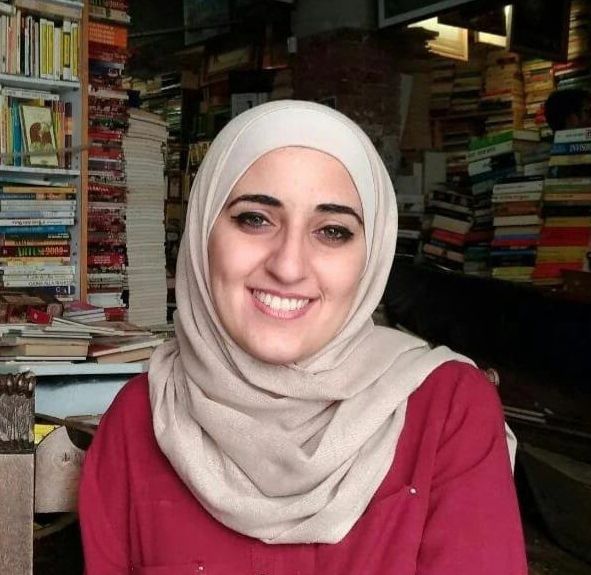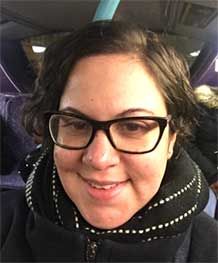Outreach & Pedagogy Events
Thinking about the future at a time of Nakba reoccurring
Date: Wednesday, 27 March 2024
Time: 13:00-14:30 UK time
Location: Online via Zoom
This event is free to attend and open to all, but registration is essential
About the Event
In this webinar, we reflect on how we can imagine a future in a time of genocide and ongoing Nakba. We take stock of Palestinian poet Mahmoud Darwish's quote, “what does it mean for a Palestinian to be a poet and what does it mean for a poet to be Palestinian?” and ask: when we march and sing “in our thousands and our millions, we are all Palestinians”, does this make us poets too, today and in the future? If so, how do we imagine Palestine without romanticizing it, and what does it look like? In the webinar, our speakers challenge the ongoing desecration of Palestinian lives and ponder Palestinian futurity beyond war rhetoric. They read Palestine as a praxis of wujud (presence) and memory-making that imagines liberation as a praxis of building bridges and taking place.
Speakers

Mejdulene Bernard Shomali is a queer Palestinian poet and Associate Professor in Gender, Women’s, and Sexuality Studies at the University of Maryland Baltimore County. Her first book, Between Banat: Queer Arab Critique and Transnational Arab Archives was published by Duke University Press in 2023. Her poetry chapbook agriculture of grief: prayers for my father’s dementia is forthcoming from Finishing Line Press (August 2024).

Sarona Bedwan is a writer and Outreach & Programmes Manager at Makan, a Palestinian led educational organisation.

Tamara Taher is a Palestinian-Italian post-doc fellow at the University of Turin. She works on post-development and decolonial geographies of local food systems. She has a Ph.D in "Social and Political Studies" (University of Florence/University of Turin). In her doctoral research, she has focused on practices of Palestinian 'wujud' and epistemological decolonization, which she discusses in an forthcoming article in Middle East Critique, "Practicing wujud: A constellation of sumud in the fragmented Palestinian present".
Chair

Sabiha Allouche is Lecturer in Middle East Studies at the Institute of Arab and Islamic Studies (IAIS) at the University of Exeter and a member of BRISMES Council. She specializes in the study of gender and sexuality in relation to the Middle East and its diasporas and prioritizes postcolonial and transnational approaches in her work.
Database of Expertise
The Database of Expertise in Middle Eastern and Islamic Studies provides a publicly available list of MENA experts with their research and areas of expertise.
Search Now